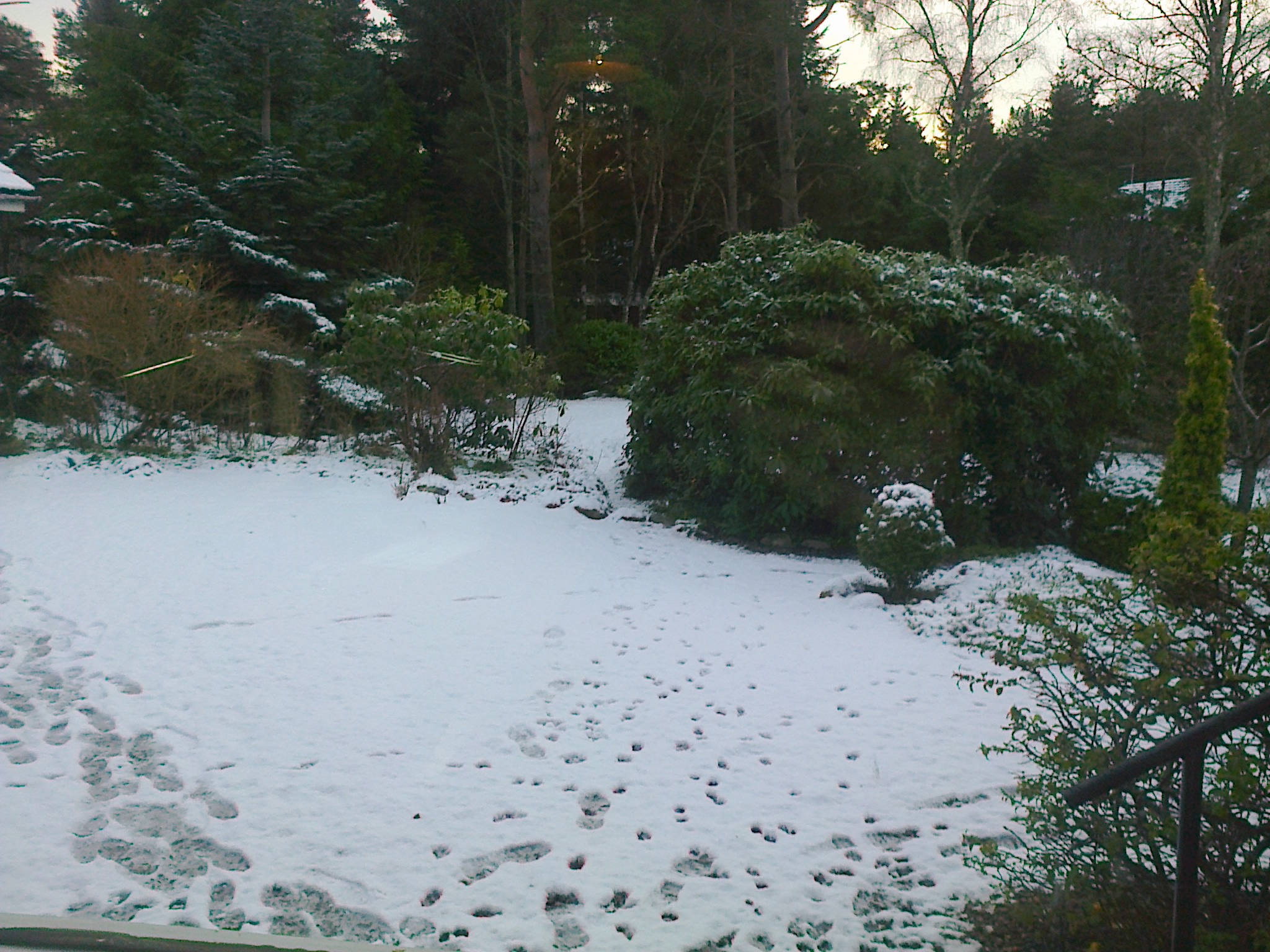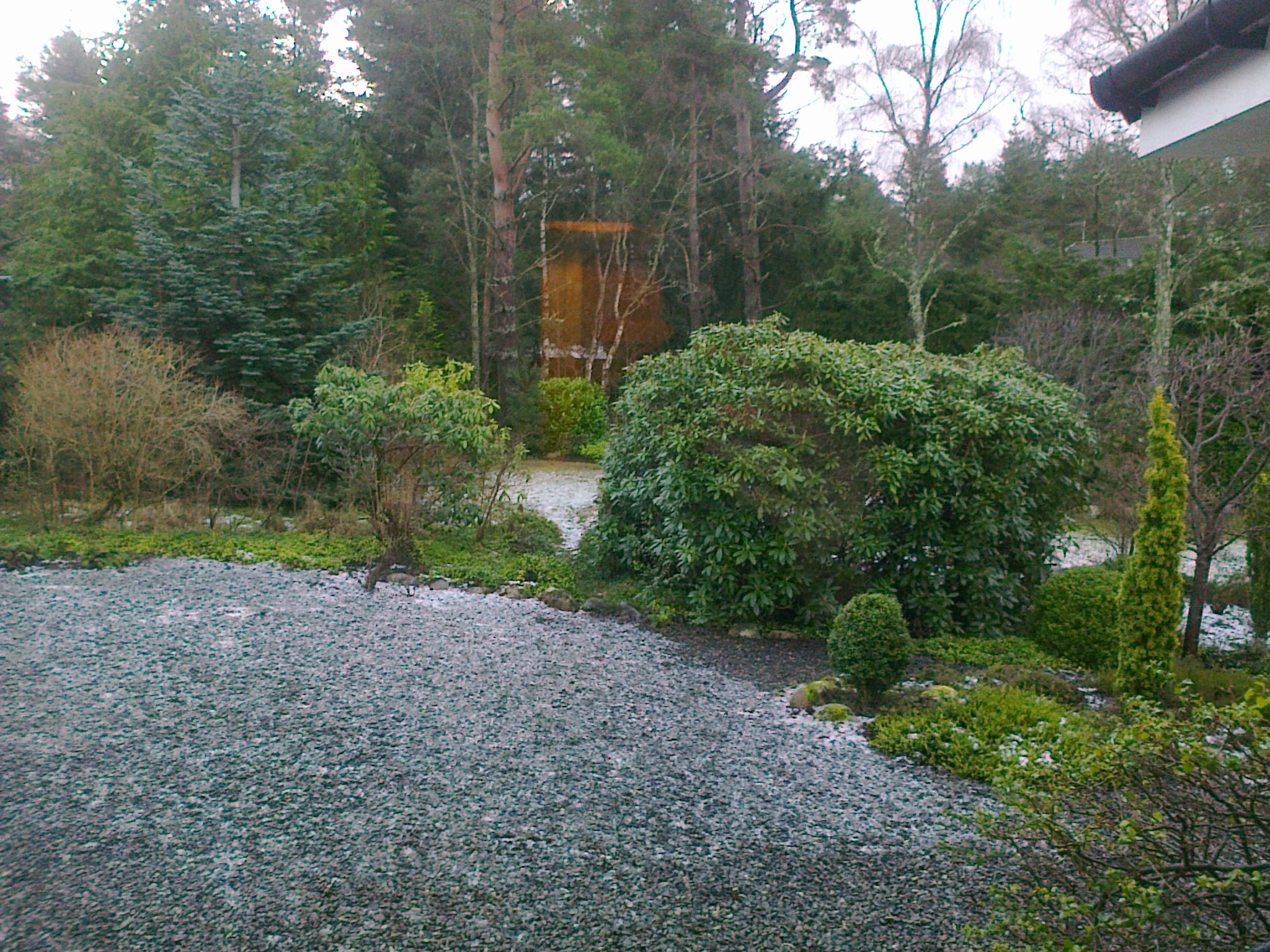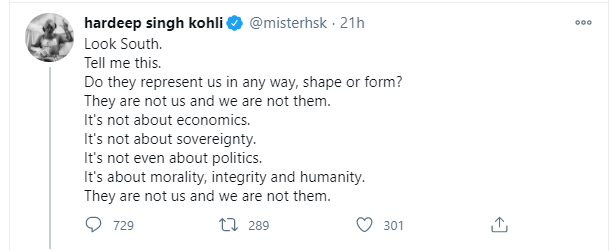New Year 2021
This, below, was the scene outside my window on Christmas Day 2020 at about 10.30 a.m.

and this was the scene on 1 January 2021 at approximately the same time

Spot the difference. Slightly different angle? Slightly more colour on 1.1.21 than there was on 25.12.20? Less snow in 2021? Generally brighter in 2021? Well let’s hope so. As we say goodbye to the dark year that was 2020, we must hope that 2021 will be brighter in many ways. The days are getting longer – an important plus, particularly if you live in the north of Scotland. There is the hope of vaccines, so perhaps 2021 will see an end to the worst of this pandemic. That’s a plus. But just as we know that there will be more snow in 2021, we also know that there will be challenges ahead.
In Scotland, there will be an election to the Scottish Parliament in May 2021 and amongst the final pieces of mail for us in 2020 were leaflets from two of the political parties encouraging us to vote for them in May. Both were of a predominantly yellow hue, and that is the only clue you are going to get. This is not a political blog – you may seek that elsewhere.
Between the taking of the two photos above, I ventured on to Twitter where a lot of election campaigning will be done, quite often in the form of ill-informed sound bites. I am the archetypal floating voter, so I will study all the information the various parties put out. I am reasonably confident that I know their key policies, so what I will be looking at is the tone of the information they provide. Idealistic maybe, but I’ll be looking for the parties that are likely to build unity rather than division; the parties that have a clear vision for the future of our country and the planet; parties that look as though they will continue to improve our health and social care, but above all I’ll be looking for decent politics focussed on ideas, not on personalities, and certainly not on attacking individuals who hold opposing views. As I said, idealistic, but you may as well aim high.
Anyway, back to that brief visit to Twitter. Amongst the various tweets on my feed was this from Hardeep Singh Kohli, who on Twitter describes himself as a ‘broadcaster/speaker/author/creative director/chef/journalist’. So, you would imagine, a reasonably intelligent man:

He is writing from Scotland. He is alluding to what may (or may not) become a key question in the election – should Scotland leave the UK or remain within it. I have no problem with discussing that question on economic, social, political or cultural grounds, but tweets like this are not the way to do it, not at least in the kind of Scotland I want to live in.
Let’s examine what he is saying. “Look South” – note his capital letter – presumably he wants us to cast our eyes towards England. “Do they represent us in any way?” Who is “they”? The English? The UK Government? I leave you to work that one out. Then his most chilling statement of all – repeated twice for emphasis: “They are not us and we are not them.” You think, this is racism, surely hatred at the very least. You think, where is the common humanity we share? You think, 1930s Germany. You think, any part of the world where groups of people are fighting one another. You despair. On the grounds of taste, I will not display the hate-filled Anglophobic responses he received on-line from those who agreed with his sentiments.
So, to new year and hope for the future. Selfishly, I want to see improved investment in stroke care in Scotland in 2021. Health is a key responsibility of the Scottish Government. But I also want to see an end to the politics which “others” people who don’t see the world in the same way as you. I am not alone in this and we have had enough of it in the UK since the Brexit vote. So, an end to that, please, in 2021 and a resumption of the “normal” civilised politics of debate, centred on ideas, and of a kind which should be possible in a mature democracy. After all, in the real world there are plenty of things that need to be improved, inequalities that need to be tackled.
Too much to hope for? We’ll see.
Happy new year.
This entry was posted in
Uncategorized and tagged
new year,
politics,
Scotland,
stroke. Bookmark the
permalink.



